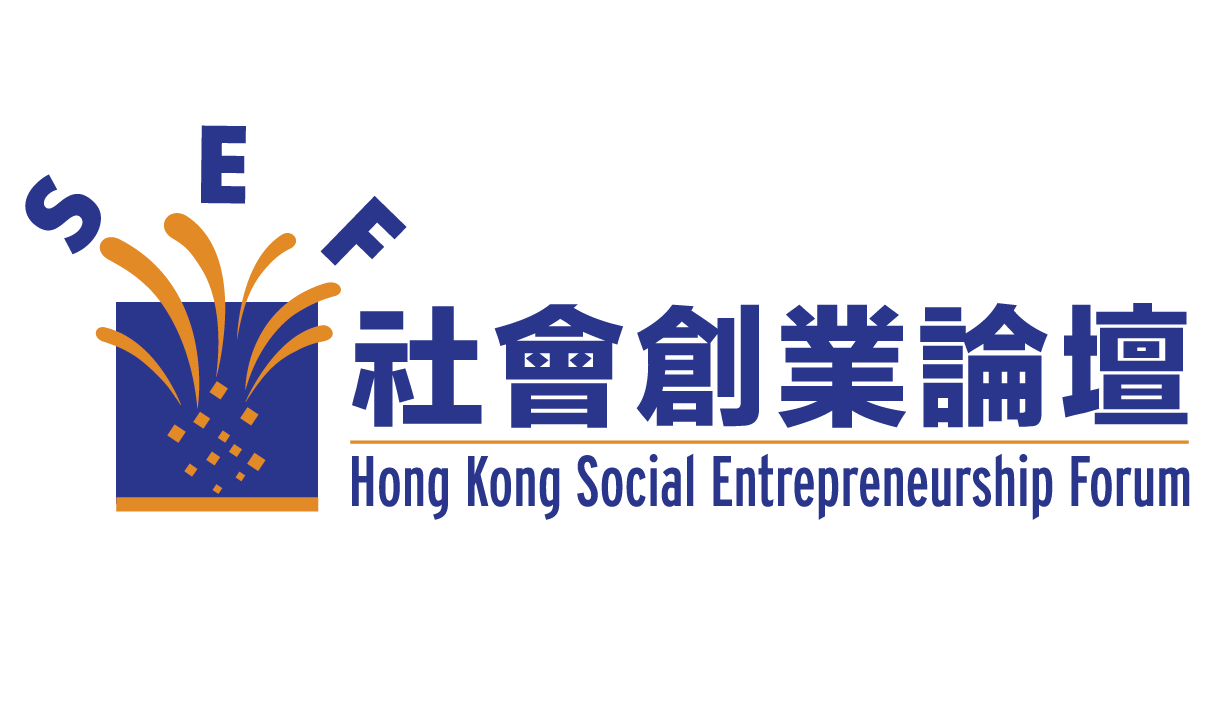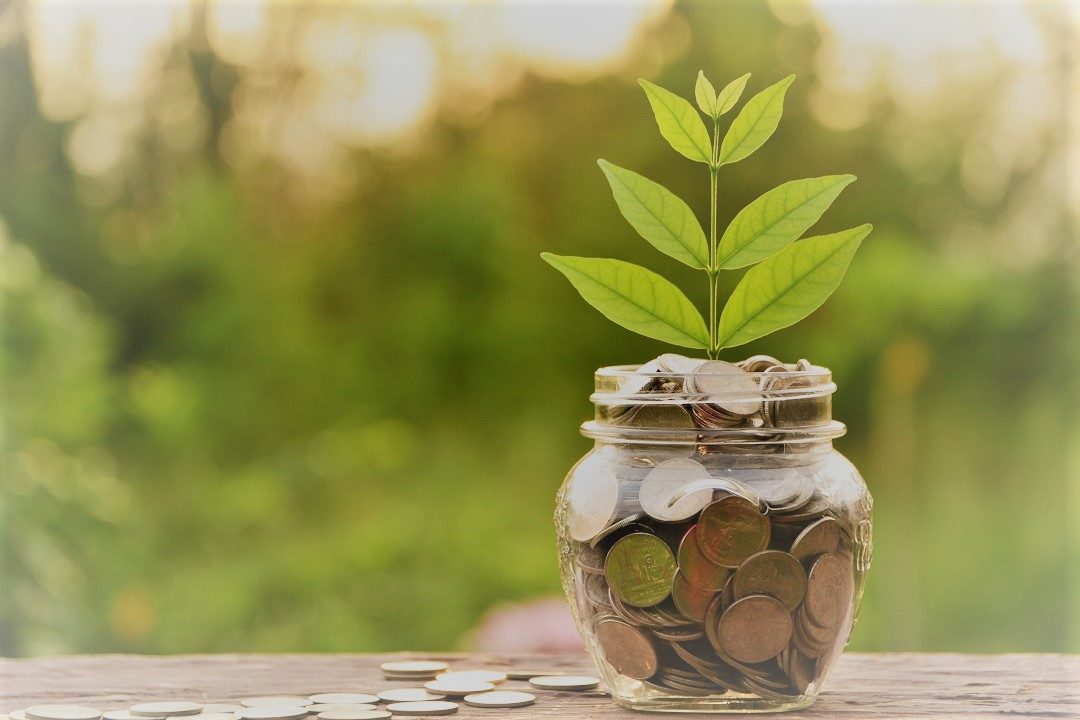The following report is adapted from Fast Company, Nov 12, 2010, edited by Dr KK Tse
Call it a midlife crisis gone terribly right. After 28 years in finance, Ron Cordes – co-chairman of the US$21billion asset management firm Greenworth – is dedicating his energy to building an online portal that will make impact investing a whole lot easier.
What is Impact Investing anyway?
Impact investments aim to solve social or environmental challenges while generating financial profit. Impact investing includes investments that range from producing a return of principal capital to offering market-rate or even market-beating financial returns. Although impact investing could be categorized as a type of “socially responsible investing,” it contrasts with negative screening, which focuses primarily on avoiding investments in “bad” or “harmful” companies – impact investors actively seek to place capital in businesses and funds that can harness the positive power of enterprise. Impact investing has the potential to unlock significant sums of private investment capital to complement public resources and philanthropy in addressing pressing global challenges.
From ‘the best in the world’ to ‘the best for the world’
“I spent the first half of my life building businesses designed to be the best in the world,” Cordes tells Fast Company. “For the second half, I really want to support businesses that are the best for the world.”
As he approached the age of 50, Cordes found himself in rural Uganda, in a village five hours off the beaten track. The place was full of widows who had lost their husbands to a two-decade long civil war; Cordes had funded a small microfinance program there, and the women were now running successful small businesses and supporting their kids. “One woman came up to me and said, ‘We appreciate it when white people come to try to save our children, but we need to be able to save our own children. Thank you for investing in us so we can do that.’ I’ll never forget that moment.”
That was the moment Cordes realized empowerment was more powerful than pity. He started to brainstorm ways in which his expertise as a financial manager could help create opportunities like this on a much larger scale. Now, with a new product he’s calling ImpactAssets, Cordes is adding a crucial element to the impact investing space.
Connecting investors and social enterprises ImpactAssets is a platform that will bridge high-rolling investors with social enterprises. Financial advisers will find information about solid impact investment options. The absence of a good system of finding, processing, and measuring impact investments, he says, is barring billions of dollars from being invested in good causes. “There is no ecosystem to help advisers have conversations with their clients about social and environmental investments,” says Cordes. “U.S. investors own $37 trillion of investment capital. Even catalyzing 1% of that is $370 billion … enough to have amazing, groundbreaking, life-changing differences.”
Most people already have philanthropic causes that they support. Meanwhile, entrepreneurs all over the world are starting businesses within these issue areas that are also investable business opportunities. “Part of the process is to create awareness that these opportunities exist,” Cordes says. “Once people are aware, we need to create opportunities to turn that awareness into engagement, and then to turn that engagement into actual dollar investments. That’s what’s going to solve problems.”
Global Impact 50 Index
At the Clinton Global Initiative in September, Cordes introduced the Global Impact 50 Index, a database of the top 50 managers in social and environmental impact investing. “Right now, there’s nowhere to go for information on who’s managing money and providing investments and funds in this space,” he says. “We are going to be the go-to resource for the financial adviser community to engage clients in discussions about social investing.”
So when clients go to their financial advisers asking what impact investing is, or how to incorporate their favorite causes in their investment portfolio, the advisers will be able to dig up information in ImpactAssets and make informed suggestions – they might tell a client interested in microfinance about MicroVest in Washington DC, which has a strong track record of managing funds investing in microfinance, or clue a fair trade enthusiast into RootCapital in Boston, which provides supply chain financing for farm cooperatives around the world.
“We intend to build an array of products to cover multiple issue areas and geographies across a broad spectrum of asset classes, including both debt and equity,” says Cordes. “I’ve never been so excite about getting up in the morning. Philanthropy alone won’t solve the world’s biggest problems. I see a higher social purpose and a real opportunity to move the ball forward and make a difference.”
Closer to Home – A new initiative in Singapore
Impact Investment Exchange (IIX) Asia’s First Social Stock Exchange
Founded by Durreen Shalnaz, IIX is a regulated trading platform for securities issued by sustainable for-profit and not-for-profit social enterprises in Asia, providing a liquid and transparent market where social enterprises meet impact investors. IIX is itself a social enterprise with a social mission:
To provide social enterprises in Asia with greater access to capital, allowing them to more rapidly expand the impact of their activities.
What is a “Social Enterprise”?
POSITIVE SOCIAL IMPACT AS PRIMARY MOTIVE. The popular term “social enterprise” has come to mean different things to different people. For IIX’s purposes, a Social Enterprise meets the following key criteria:
- specific positive social impact is primary reason for the entity’s existence (not an ancillary or secondary development, such as a company’s Corporate Social Responsibility program)
- business model reflects responsible entrepreneurship and growth for staff and overseers, beneficiaries/customers, overall community/environment
- has a market orientation
FOR-PROFIT OR NOT-FOR-PROFIT. Our definition of Social Enterprise embraces for-profit as well as not-for-profit entities.
What is an “Impact Investor”?
SEEKING FINANCIAL AND SOCIAL / ENVIRONNMENTAL RETURN. Impact Investors are
individuals or entities who are putting their capital to work in investments that “seek to generate both financial return and social and/or environmental value – while at a minimum returning capital, and, in many cases, offering market-rate returns or better.” (Source: Global Impact Investing Network [GIIN])
MORE THAN SRI. Importantly, Impact Investing differs from “socially responsible investing”(SRI), which seeks to avoid investments in “sin” industries, such as tobacco. In contrast, Impact Investors proactively focus their investments on “businesses and funds that can harness the positive power of private enterprise.” (GIIN)

